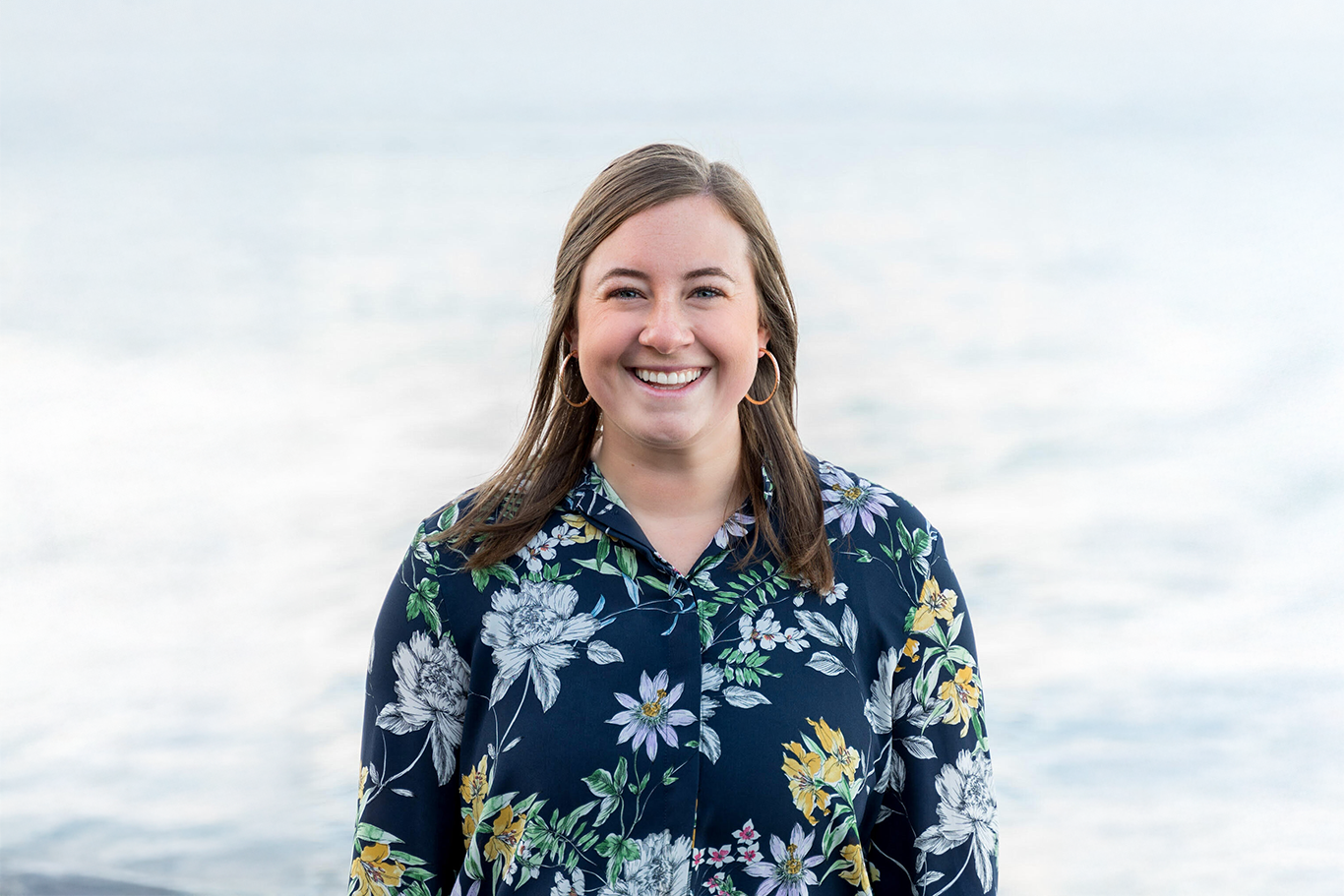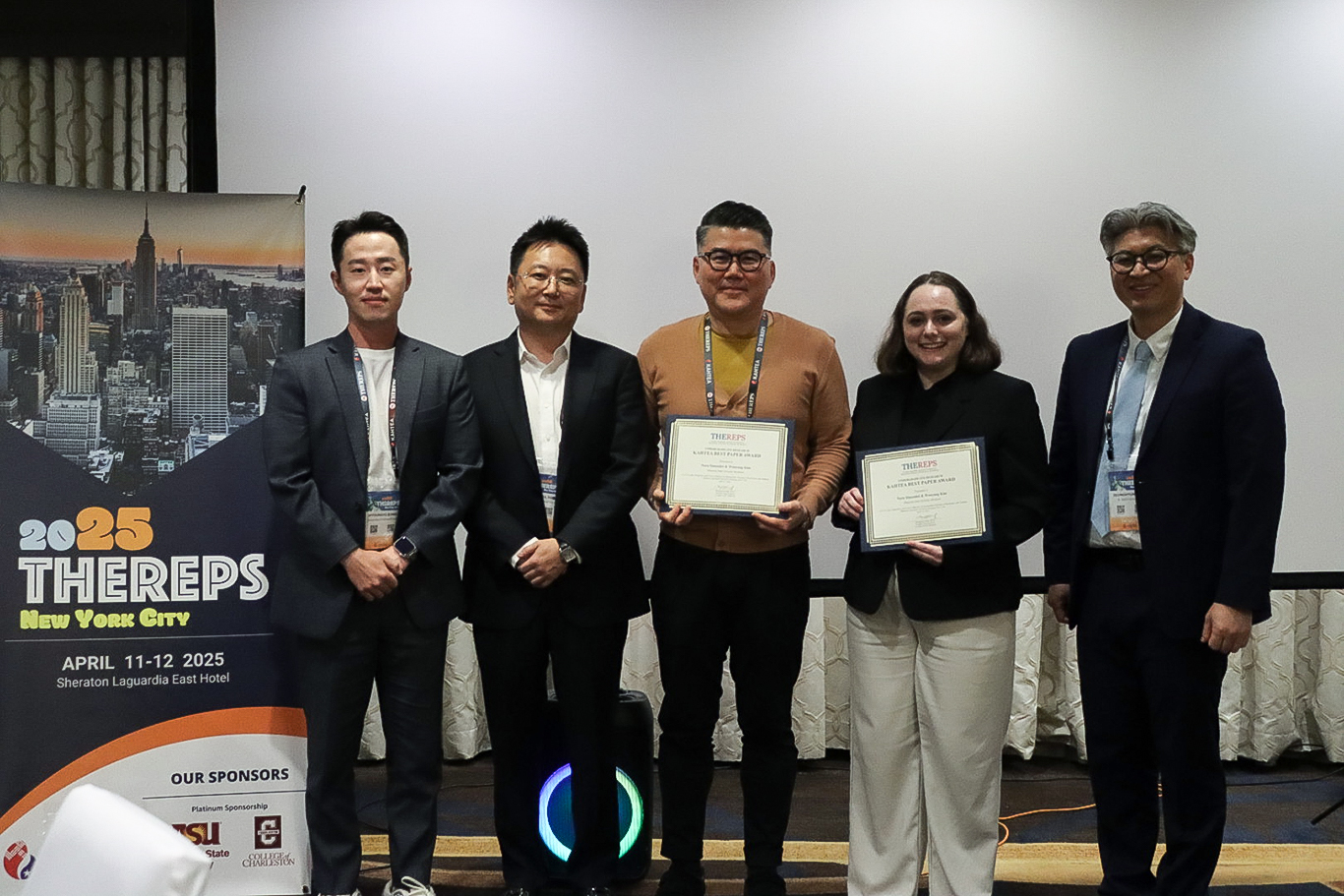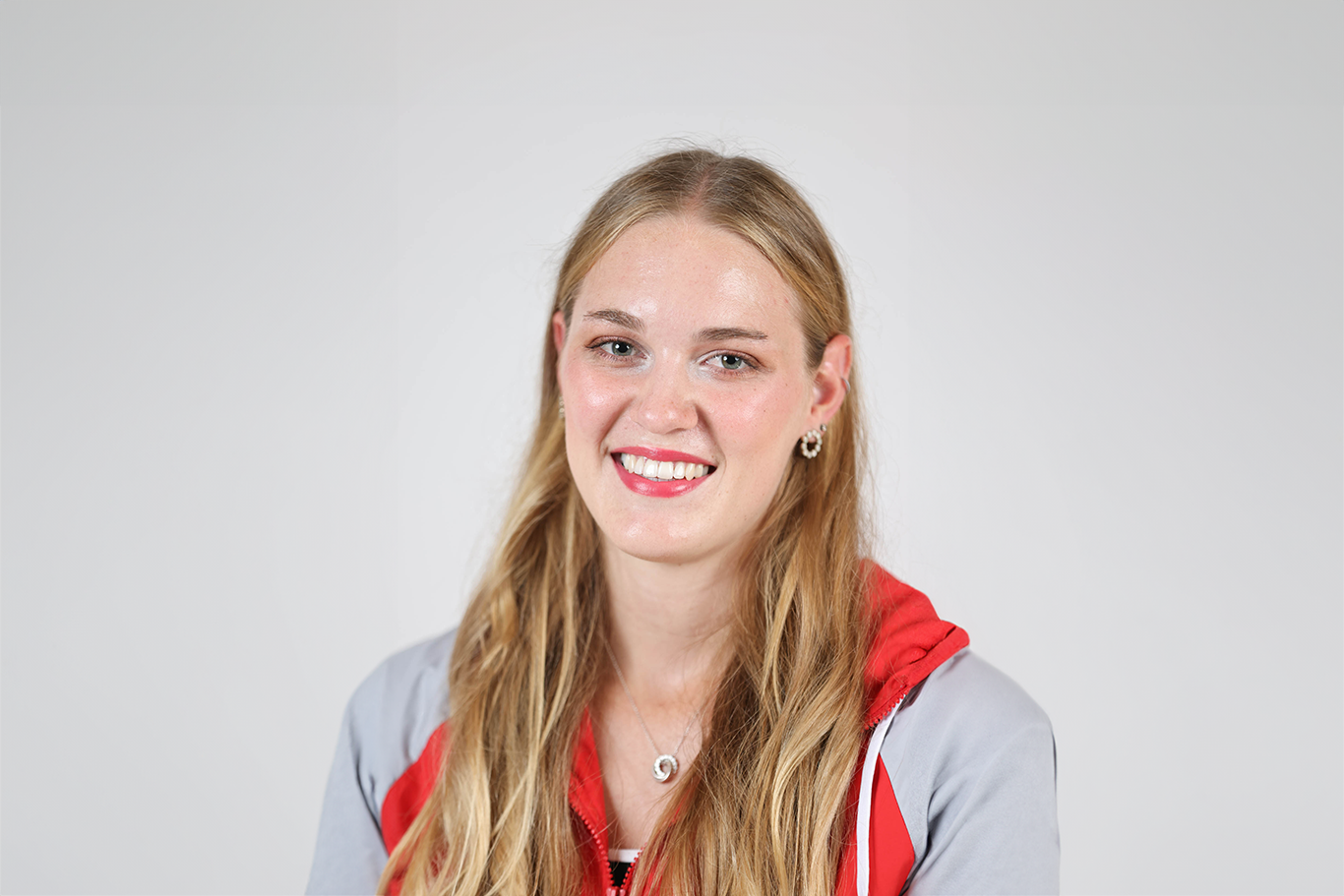Creating Entrepreneurs
The idea was never to graduate a string of modern-day Thomas Edisons, Bill Gateses, or the next Mark Zuckerberg.
MSUM’s vigorous academic focus on entrepreneurship intends, instead, to subtly inform and shift how students think about work, social innovation, marketing, finance, life.
It’s working, judging by students whose lives have been transformed.
Courses are designed to give nonbusiness students tools to market their skills and innovate in a rapidly changing workforce. Gaining that knowledge can be accomplished two ways:
1. Anyone in the community who wishes to leap in and complete five core courses may quickly earn a certificate in entrepreneurship.
2. Or, enrolled MSUM students may choose an entrepreneurship minor by taking courses nearly identical to the certificate program.
Chelsie Beyl, Rosholt, S.D., is a senior majoring in communication studies with an emphasis in training and development. She has two minors: leadership and entrepreneurship.
“You see more possibilities in the world, and it opens you up,” Beyl says of her entrepreneurship classes. With graduation in May, Beyl is drawn to working for the FBI as an intelligence analyst, or HR. “I can envision connecting the dots and deciding what paths to follow (investigatively). I’m a creative, but in the sense of being creatively analytical to find solutions to things.”
Profs Peel Open Self-Discovery for Students
Faculty and entrepreneur guest speakers don’t endeavor to indoctrinate students with canned entrepreneurial dogma. It wouldn’t work anyway. Millennials come equipped with Teflon armor impervious to indoctrination. Today’s students are rarely open to being told what to think. But they are amenable to novel styles of inquiry and prompts on how to think, and what to think about. Today’s students revel in the process of discovery, often proudly thrusting a stake in the ground to name and claim their discovery.
The curriculum is created specifically for nonbusiness students, says Kennan Meyer, director of the Center for Entrepreneurial Studies. Students majoring in music, film, and communication frequently find their way to the entrepreneurship minor.
Management professor Jim Swenson launched entrepreneurial studies five years ago. Since then, finance professor Ben Clapp has shepherded the program, and now Meyer, marketing faculty in MSUM’s Paseka School of Business. Until coming here in 2013, Meyer was an entrepreneur and partner in a business that developed car wash machinery.
Using the Pretzel-Like Discipline and Creativity of A Yogi
It may help to think of the entrepreneurial learning process akin to learning yoga. After studying under highly trained practitioners and mentors, students create their own invigorating, disciplined system—called a practice—that often seeps into unexpected avenues of life. Students engage in their new and life-altering practice by pressing into use a paradoxical tapestry of daily discipline and high-wire creativity.
Here’s why the mind shift aspect is key when studying entrepreneurial thinking: In our everyday lives, we tend to view the same scenario from the same vantage point, day after day. It’s human nature. Habit.
But take two mental steps this way or three steps that way. Voila! That tired, sometimes troubling, scenario appears as something else. Suddenly that blasted, blurry tangle emerges in a crisp, creativity-inspiring focus. With professors encouraging students to view problems as challenges, eventually solutions and breakthroughs tumble from fresh-thinking minds.
And all it takes is a subtle shift in thinking or moving one’s viewing platform two steps this way or that way.
In the Classroom: Seeing the Light Proves Life-Changing
Chris Orth, 36, is a cool guy with a cool career: sign maker, specifically a technically trained neon sign maker.
A lifelong Fargo resident (save a few years out East), he was that kid who had to tinker and invent.
“I have always seen myself as a ‘maker,’” Orth says. While neon lights are cool and the process by which they’re made—involving high heat, high voltage, and considerable skill—is even cooler, the career is not what it used to be. LED lights, cheap and easy to mass produce, have replaced neon in much of the sign industry.
“Neon work is transitioning from being a sign technology to a visual art,” says Orth, whose neon art was on display at the Rourke Art Gallery in Moorhead this past summer.
With a young family, Orth knew something had to change. The neon career field had plateaued, but he was still hungry for a chance to advance. Fortunately, his employer, Indigo Signworks, Fargo, gave him the flexibility to enroll at MSUM. He hoped a business degree would propel a job change. Instead, what changed was him.
At first, Orth spun his wheels at MSUM, frustrated by taking “all the generals.” He spoke with Clapp and others in business who suggested a more direct route: a certificate in entrepreneurship.
“I could do the entire certificate program without having to take two years of prereqs,” Orth said. “From Day 1 things started to make sense. The common thread through all the entrepreneurship classes was mindset.”
Motivated, he completed the entrepreneurship certificate in a year, with great grades.
“I came out of it seeing things differently,” Orth said. “I came out of it with a fresh mindset. I reassessed a lot of things in my life. I constantly ask myself ‘What am I doing that I could be doing differently?’”
And, he acted on the finance principles he learned. “My income grew 40 percent in three years as a result of the classes…how to negotiate… how to create mutually beneficial business situations,” Orth said.
Plus, he found contentment, in part by making peace with his career and creative needs. Although neon is mostly artistry and nostalgia nowadays, he realized he couldn’t give it up. He started Fireline Custom Neon, a sideline neon art and sign business. And, in July he began a new full-time job.
He’s a business analyst and project manager for Codelation, a Fargo company specializing in technical solutions. As part of his new career, Orth meets with entrepreneurs and business managers to assess their most pressing business needs and then develops and writes business plans.
“The beauty of the entrepreneurship program is it teaches a flexible mindset that we can apply in a rapidly changing world,” Orth says. “We can worry if our job will become obsolete…or we can use an entrepreneurial mindset, which prepares you to pivot when it’s time for a different approach. They were able to get me thinking like an entrepreneur, not in the short term like I was used to, but long term. Big ideas. And they were also able to give me a surprisingly comprehensive education in business in a relatively short period of time.
“I found that rather than a ‘maker’ I am actually more of a ‘creator.’ There is a lot of overlap between the two, but, in my view, the emphasis in being the maker is in getting your hands dirty, and being a creator is more about seeing results.”
‘Makers’ Can Position Themselves to be Business Movers and Shakers
Students in creativity-focused majors naturally apply their talent to create captivating music or produce a memorable film, Meyer says. But many come up short in identifying market segments to sell their creative services in the real-world marketplace—especially if this creative class who often brands themselves as “makers” hopes to be self-employed or launch a business.
Studying entrepreneurship gives such students a solid footing in organizational leadership, developing cognitive abilities that lead to innovation and creativity, and business basics.
“You don’t have to know everything about accounting and how to do payroll yourself,” Meyer says, “but you need to know enough about it to hire the right person to do payroll.”
This story was first published in Moorhead Magazine, Fall 2017.
Make Sure Your Story Is Heard
Let us know how your life has been changed by being a Dragon: tell us your MSU Moorhead story today!
Send Us Your Story


